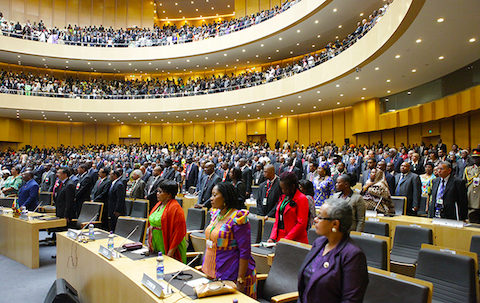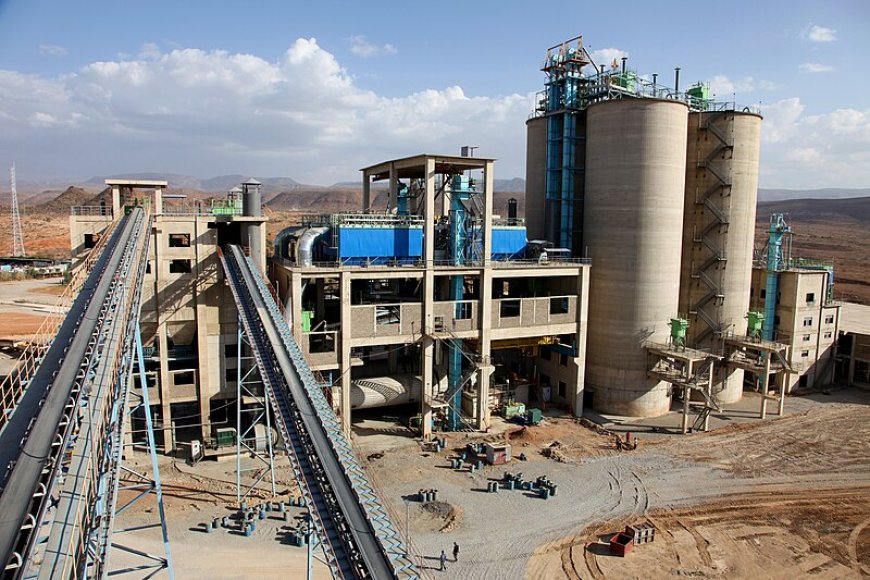S&P Affirms Benin at ‘BB-/B’, Keeps Positive Outlook on Stronger Growth and Fiscal Discipline


Quidah is an online platform that connects investors with curated opportunities and expert insights on Africa’s emerging markets, while offering businesses promotional services, partnership facilitation, and market intelligence to attract capital and grow their operations.
Industries
S&P Global Ratings has affirmed Benin’s long- and short-term sovereign credit ratings at ‘BB-/B’ and maintained a positive outlook, citing continued improvements in budgetary performance and the debt profile despite structural constraints such as low GDP per capita, high external imbalances, and regional tensions.
Growth prospects remain robust. Real GDP expanded 7.5% in 2024, exceeding S&P’s 6.4% forecast, and the economy is projected to grow by an average of 6.1% annually from 2025 to 2028, supported by better agricultural yields and the expected start of oil and gold production by late 2025.
The update comes as Benin heads into an electoral cycle, with parliamentary elections in January 2026 and a presidential vote in April. President Patrice Talon has confirmed he will not seek another term; Finance Minister Romuald Wadagni is running as the ruling coalition’s candidate, signaling policy continuity.
Fiscal consolidation is progressing. The budget deficit is expected to narrow to just below 2.9% of GDP in 2025, from 4.1% in 2023 and 5.5% in 2022, consistent with WAEMU convergence criteria. Benin’s debt mix remains largely externally financed—about 76% of total public debt as of June 2025—with multilateral and bilateral partners providing more than half of that funding.
Key vulnerabilities remain. GDP per capita, at $1,640 in 2025, is among the lowest in the ‘BB-’ peer group. Security risks in the north, spillovers from Nigeria’s weak growth, and climate exposure weigh on the outlook. The export base is gradually diversifying—processed cashews and soybeans have shown strong growth—but remains concentrated on Nigeria and Bangladesh.
S&P indicated that ratings could be raised if reforms accelerate growth beyond forecasts and if net government debt-to-GDP declines significantly below projections.
A sustained positive outlook and credible fiscal discipline strengthen interest in Benin’s sovereign and quasi-sovereign bonds, though high external debt and global rate volatility warrant careful duration and currency risk management.
Real-economy opportunities align with Benin’s diversification strategy: agribusiness processing (cashews, soy), logistics and cold-chain infrastructure, and services linked to planned oil and gold production. Climate-resilient agriculture, renewable energy, and fintech for SME and farmer finance are well positioned to benefit from the country’s growth trajectory.
Investors can engage through multilateral co-financing and WAEMU bond markets while managing exposure through phased investments, local partnerships, and risk-hedging strategies.


